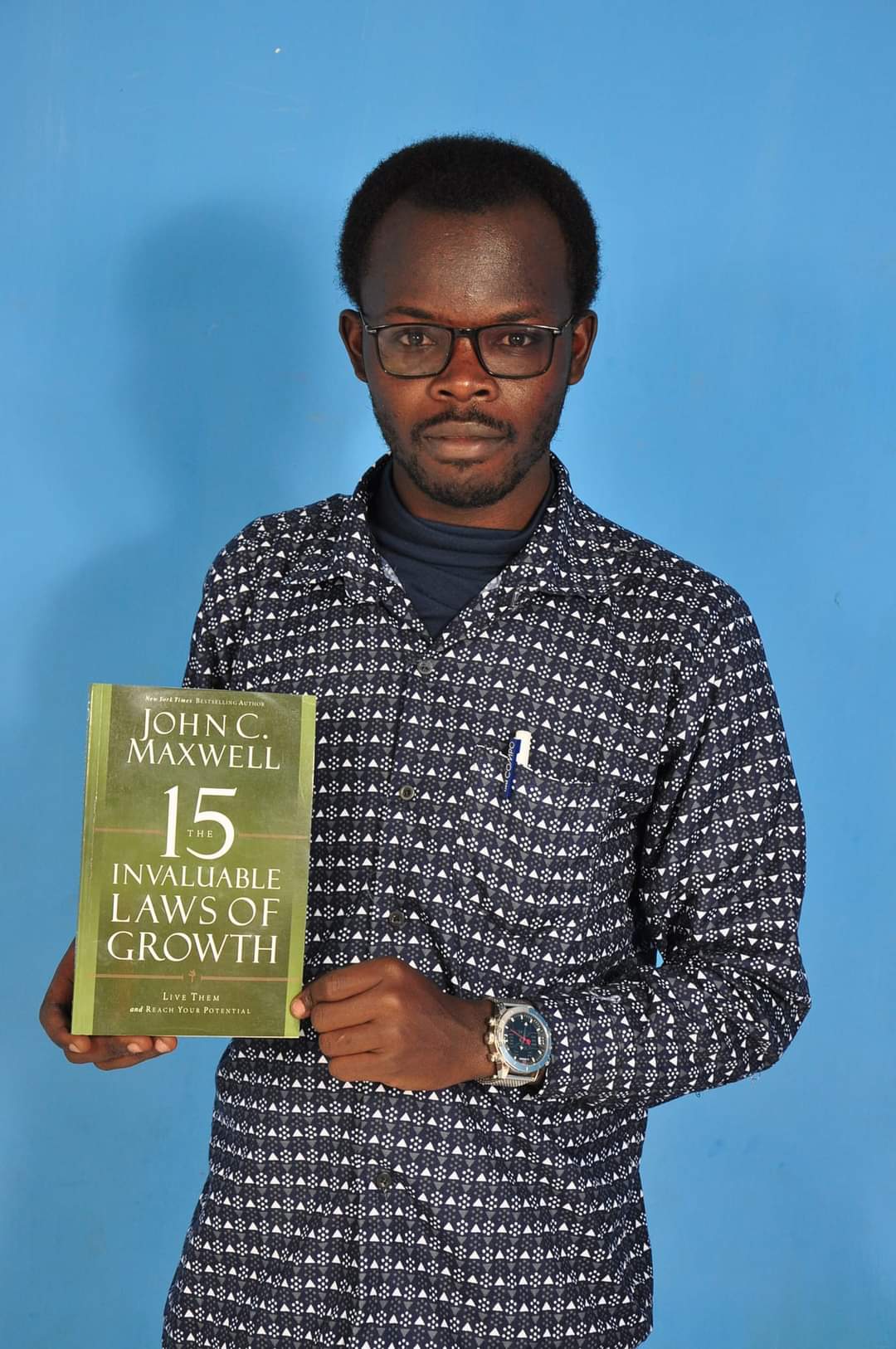In the 15 Invaluable Laws of Growth, Dr. John C. Maxwell, the brilliant proponent of leadership ideas, talks about 8 Growth Gap Traps. He cogently contends that if you have dreams, goals, or aspirations, you need to grow in order to achieve them. You should also know the myths that may create gaps to impede your speed of growth.
- The Assumption Gap — Assuming that you will automatically grow
When we are children, our bodies grow automatically. As years elapse as if late for a flight, we become taller, stronger, more capable of doing new things, and able to surmount chilling challenges of life. Many people carry into adulthood this subconscious belief that mental, spiritual, social, and emotional growth; follow a similar pattern. We are deluded to think that things will just fall in place. We shall grow and glow even without a scintilla of effort. Yet, we do not improve by simply living. We have to be deliberate about it. There comes a time, when you need to stop waiting for the person you want to become. Then, believe and behave.
No one improves by accident, happenstance, luck or serendipity. Even after you are done with formal education, you must take complete ownership of personal intellectual growth process. For nobody will do it for you. If you want your life to improve, you must improve yourself. No wonder, Michael de Montaigne sagely said, “No wind favours him who has no destined port.”
The Knowledge Gap — I do not Know How to Grow
Loretta Staples averred, “If you are clear with what you want, the world responds with clarity.” Some people only learn from what Napoleon Hill christened as the School of Hard Knocks. They wait for difficult and dreary experiences to teach them life lessons. At the end of the tether, they change sometimes for better, and sometimes for worse. Yet, in the personal growth plan, you must be intentional. You must decide where you want to grow. Choose what you will learn, follow it all through with the determination of a persistent weed.
- The Timing Gap — It is not the right time to begin
There is this riddle: Ten birds perched on a tree. Then, five birds decided to fly. How many birds did not fly? I know, in a swift speed, you will say five. Yet, the right response to that riddle is that none of the birds flew. Why? The five birds decided to fly, but they did not fly. Ideally, there is the difference between deciding and doing or decision and action. Frank Clark challenged us with a quality question, “What great accomplishment would we have in the world if everybody had done what they intended to do?” Most people do not act as quickly as they should on things. They find themselves trapped in the Law of Diminishing Intent, which states: the longer you wait to do something you should do now, the greater the odds that you will never actually do it. Life lived for tomorrow will always be a day away from being realised.
- The Perfection Gap — I have to find the best way before i begin
Sometimes we fail to grow and glow because we are so much obsessed with the notion of finding the ‘best’ way to get started in a growth plan. Somehow, most of us want to see the whole route before they begin the journey. Yet, it is like driving a car to a particular destination at night. You cannot see the whole distance at once. Ostensibly, you should accept to see it progressively. As you move forward, you start seeing the road. If you want to see more of the way, then keep moving. For you to win, just begin. Rev. Dr. Martin Luther King Jr. concluded, “You don’t have to see the whole staircase, but just take the first step in faith.”
The Motivation Gap — I do not feel like doing it
Motivation is not going to strike you like lightning. Motivation is not something that someone — mentor, coach, teacher, nurse, doctor, friend, family member — can force on you. The whole idea of motivation is a true trap. Forget about motivation. Just do it. Do it now. Do it without motivation. After you start doing it, that is when floods of motivation will flood, flow, and make you glow. The fire of motivation will come in full swing, and fan your heart into flames. That is when you will do it without any tinge of struggle. Motivation is like love and happiness. It is a by-product. When you are actively engaged in doing something, it manifests, and zaps you when you least expected it.
- The Comparison Gap — Others are better than me
You fail to grow and glow when you compare yourself and compete with other people. Just know you are a peculiar person. Check on your motives. You should not do things because others are doing them. Do not read because others are reading. Do not marry because your age mates are marrying. Remember, some of your age mates are also dead, but you are still alive and kicking. Do not acquire a car or some sort of property to please peers. Do not go back to school because of peer pressure. Be driven by your personal growth goals. Your motive must be right.
- The Expectation Gap — I thought it would be easier than this
Daren Hardy in his heroic book titled the Compound Effect gives the formula of luck as: Preparation + Attitude + Opportunity + Action = Luck. Therefore, it all starts with preparation. The sage said, when opportunity meets preparedness, success is inevitable. Jim Rohn also advised, “You cannot change your destination overnight, but you can change your direction overnight.”
- The Mistake Gap — I am afraid of making mistakes
If you want to grow and glow, you must rise up to the occasion, and overcome the fear of making mistakes. You must know that a mistake is simply another way of doing things. Winston Churchill put it aptly, “All men make mistakes, but only wise men learn from their mistakes.” Our lives are not long enough to learn only from our own mistakes. Sophia Loren put it aptly, “Mistakes are part of the dues one pays for a full life.”
Sometimes, when we make and mend mistakes, we understand the growth process. No wonder, we should be quick to recognise them, and move on to become unlimited. The only mistake is the one from which we learn nothing. A mistake should be a teacher, lesson, not loss. Some people live and learn, but some only live. Wise people learn from their mistakes. Wiser people learn from other people’s mistakes. Largely, responsible people accept, and learn from their goofs even if they are good. Conversely, irresponsible people never learn anything from mistakes. A fool is the one who commits the same mistake twice. The person that makes mistakes but refuses to change commits bigger ones.
We can do three things about mistakes. One, ignore them. Two, deny them. Three, accept and learn from them. The third option takes bravery and bravado. It is risky, but full of rewards. When we defend our own mistakes, we actually start building our lives around them; making them centre points, rather than breaking from them. There are five ways to handle mistakes. One, admit quickly. Two, do not dwell there. Three, learn from mistakes. Four, do not repeat the mistake. Five, do not engage in blame game or lame excuses. Some excuses are perfection of lies.
The writer is an avid reader, author, trainer and peripatetic public speaker.
By Victor Ochieng
Get more stories from our website: Education News
You can also follow our social media pages on Twitter: Education News KE and Facebook: Education News Newspaper for timely updates.






